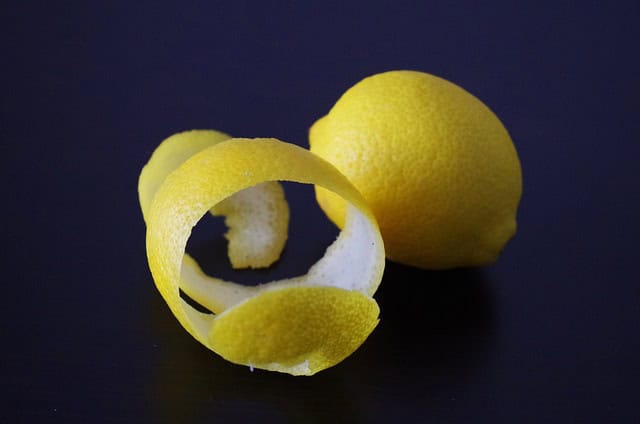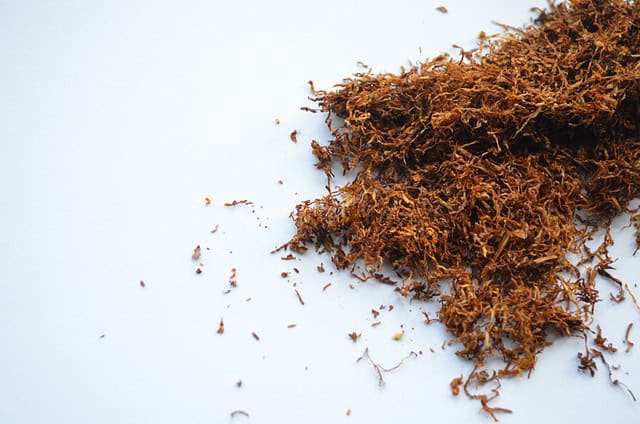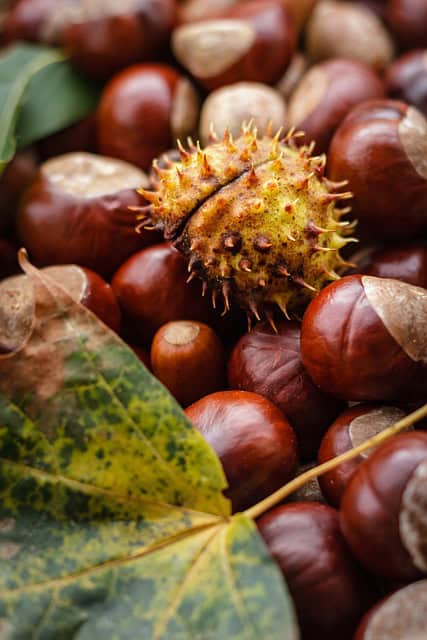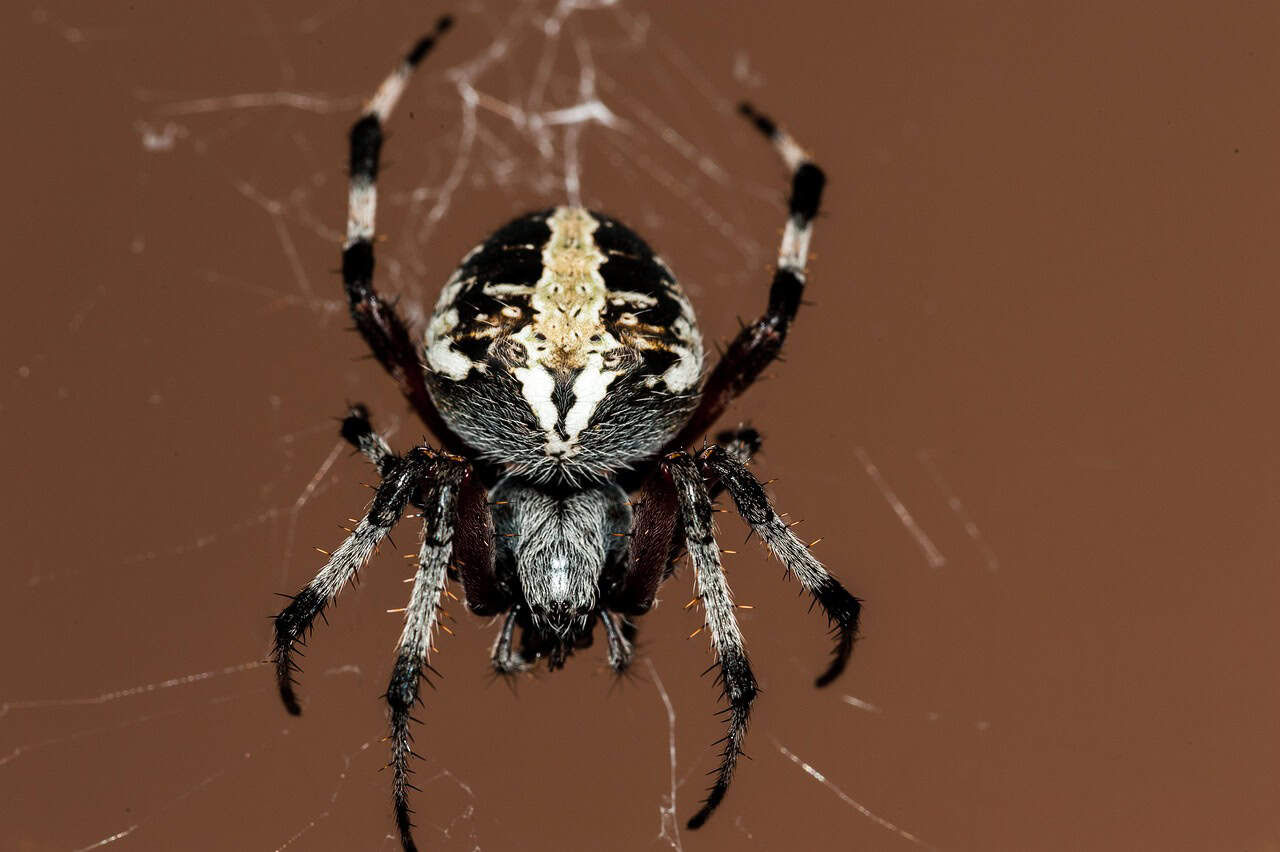Spiders. They’re everywhere, lurking in corners, spinning webs in your garage, and even making their way into your living room. While some might find them fascinating, most of us just want them gone. But before you reach for the chemical-laden bug spray, consider a natural and effective DIY spider repellent.
Why DIY?
Commercial spider repellents often contain harsh chemicals that can be harmful to your health and the environment. DIY solutions offer a safe and affordable alternative, using readily available ingredients that are gentle on your home and family.
Understanding Spider Behavior
To effectively deter spiders, it’s crucial to understand their habits. Spiders are attracted to:
Food: Spiders feed on insects, so keeping your home free of pests like flies, mosquitos, and ants is essential.
Shelter: They seek out dark, undisturbed areas to build webs and hide. This includes basements, attics, garages, and even behind furniture.
Moisture: Spiders prefer damp environments, so tackling areas with leaks or excess humidity is key.
How to Get Rid of Spiders
Before you start repelling, it’s essential to address the root cause.
Clean and Seal: Thoroughly clean your home, focusing on cobweb-prone areas. Seal cracks and crevices in walls, windows, and doors to prevent spiders from entering.
Eliminate Food Sources: Control insect populations by using natural pest repellents or traps.
Reduce Moisture: Repair leaks, ensure good ventilation, and dehumidify damp areas.
Homemade Spider Spray Recipe

Now that you’ve tackled the source, let’s get to the repellent. This recipe is a combination of natural ingredients that spiders find unpleasant:
Ingredients:
1 cup apple cider vinegar
1 tsp oil (vegetable or essential oil like peppermint or tea tree)
1 cup black pepper (ground)
1 tsp liquid dish soap
Tools:
24-ounce sprayer
Teaspoon
Measuring cup
Instructions:
Combine: Add all ingredients to the spray bottle.
Shake: Shake well to mix the ingredients thoroughly.
Spray: Apply the solution to areas where spiders are commonly found, such as corners, windowsills, basements, and attics.
Reapply: Repeat as needed, especially after cleaning or when you notice new webs.
Why These Ingredients Work:
Apple Cider Vinegar: Spiders dislike the strong odor of vinegar.
Oil: The oily texture makes it difficult for spiders to navigate, and some essential oils like peppermint and tea tree are naturally repellent.
Pepper: The pungent aroma and gritty texture of pepper deter spiders.
Dish Soap: This helps to break down the spider’s natural oils and creates a slippery surface they don’t like.
White Vinegar
White vinegar is a powerful natural deterrent. Its strong odor is unpleasant to spiders, and it can also help to break down their webs.
Spray Bottle Method: Mix equal parts white vinegar and water in a spray bottle. Spray around window and door frames, baseboards, corners, and other areas where spiders might enter.
Cleaning Solution: Add a cup of white vinegar to your regular cleaning solution to create a spider-repelling effect while cleaning.
Essential Oils

Spiders are sensitive to strong scents, and many essential oils have a natural repellent effect. Here are some of the most effective:
Peppermint: The pungent aroma of peppermint is known to deter spiders. Add a few drops of peppermint essential oil to a spray bottle of water and spray around your home.
Tea Tree: This oil has a strong, earthy scent that spiders find unpleasant. Use the same method as peppermint oil.
Lavender: While lavender is known for its calming properties for humans, it’s also a natural spider repellent. Combine a few drops with water in a spray bottle.
Rose: The floral scent of rose oil is a surprising spider repellent. Add a few drops to a spray bottle of water and mist around your home.
Eucalyptus: This oil has a strong, camphoraceous scent that spiders dislike. Use the same method as peppermint oil.
Citronella: This oil is well-known for its mosquito-repelling properties, but it also works against spiders. Combine a few drops with water in a spray bottle.
Citrus: Citrus scents are generally disliked by spiders. You can spray diluted citrus juice or use citrus peels around your home.
Using Essential Oils for Repellent
Dilute: Always dilute essential oils with water before using them as a spray.
Test: Test the diluted solution in a small, inconspicuous area before applying it to a larger area to ensure it doesn’t stain or damage surfaces.
Frequency: Reapply the essential oil spray regularly, especially after cleaning or when you see new webs.
Peppermint Spray Spider Repellent
Peppermint oil is a powerful natural deterrent for spiders. Its strong, pungent aroma is unpleasant to them, making it an effective way to keep them away.
Ingredients:
15-20 drops peppermint essential oil
Water
Instructions:
Mix: Fill a spray bottle with water and add 15-20 drops of peppermint essential oil.
Shake: Shake well to mix the ingredients.
Spray: Apply the solution to areas where spiders are commonly found, such as corners, windowsills, basements, and attics.
Reapply: Repeat as needed, especially after cleaning or when you notice new webs.
Eucalyptus and Lavender Spider Spray
This blend combines the powerful repellent properties of eucalyptus and the calming aroma of lavender.
Ingredients:
6.5 ounces of water
2 teaspoons vodka (optional, helps the oil to mix with water)
5 drops eucalyptus essential oil
5 drops lavender essential oil
Instructions:
Mix: Combine the water and vodka in a spray bottle.
Add Oils: Add the eucalyptus and lavender oils, cap the bottle, and shake well to mix the ingredients.
Spray: Apply the solution to areas where spiders are commonly found, such as corners, windowsills, basements, and attics.
Reapply: Repeat as needed, especially after cleaning or when you notice new webs.
Citrus Peels

Spiders dislike the strong citrus scent, making orange, lemon, and grapefruit peels a natural deterrent.
Method:
Gather Peels: Collect orange, lemon, or grapefruit peels after enjoying your citrus fruits.
Place Strategically: Place the peels around your home, particularly in areas where spiders are commonly found, like corners, windowsills, and basements.
Replace: Replace the peels every few days as they dry out to maintain their aroma.
Cedar Oil
Cedar oil has a strong, woody scent that spiders find unpleasant. It’s also a natural insect repellent, making it a double-duty solution.
Method:
Mix: Combine a few drops of cedar oil with water in a spray bottle.
Spray: Apply the solution to areas where spiders are commonly found, such as corners, windowsills, basements, and attics.
Reapply: Repeat as needed, especially after cleaning or when you notice new webs.
Tobacco Spray

The strong, pungent aroma of tobacco is unpleasant to spiders. This homemade spray can be used to deter them from entering your home.
Method:
Steep: Steep tobacco leaves in boiling water for 15-20 minutes.
Strain: Strain the liquid to remove the leaves.
Mix: Combine the tobacco liquid with water in a spray bottle (a 1:1 ratio is a good starting point).
Spray: Apply the solution to areas where spiders are commonly found, such as corners, windowsills, basements, and attics.
Reapply: Repeat as needed, especially after cleaning or when you notice new webs.
Chestnuts

The tannins in chestnuts are believed to repel spiders. This method is simple and requires minimal effort.
Method:
Gather: Collect chestnuts from your yard or purchase them from a store.
Place: Place the chestnuts around your home, particularly in areas where spiders are commonly found, like corners, windowsills, and basements.
Replace: Replace the chestnuts every few weeks as they dry out to maintain their aroma.
Sticky Traps
Sticky traps are a simple and effective way to catch spiders and prevent them from spreading.
DIY Sticky Traps
Materials:
Cardboard (2” x 4”)
1 cup of corn syrup
1 cup of water
Instructions:
Mix: Combine the corn syrup and water in a bowl and stir until well blended.
Apply: Spread the mixture evenly on the cardboard.
Place: Place the sticky traps in areas where spiders are commonly found, like corners, windowsills, and basements.
Replace: Replace the traps every few weeks or as needed.
Diatomaceous Earth
Diatomaceous earth (DE) is a natural powder made from fossilized diatoms. It’s an effective spider repellent because it’s abrasive to their exoskeletons, causing them to dehydrate and die.
Method:
Sprinkle: Sprinkle DE around entry points, baseboards, and other areas where spiders are commonly found.
Reapply: Reapply DE every few weeks or as needed, especially after cleaning or when you notice new webs.
Additional Tips:
Regularly: Vacuuming regularly will help to remove spider webs and eggs, preventing them from multiplying.
Keep it Clean: A clean and clutter-free home is less attractive to spiders.
Remember: While these DIY spider repellents are effective, they are not a long-term solution. Regular cleaning, sealing, and ongoing pest control are essential to keep your home spider-free.











